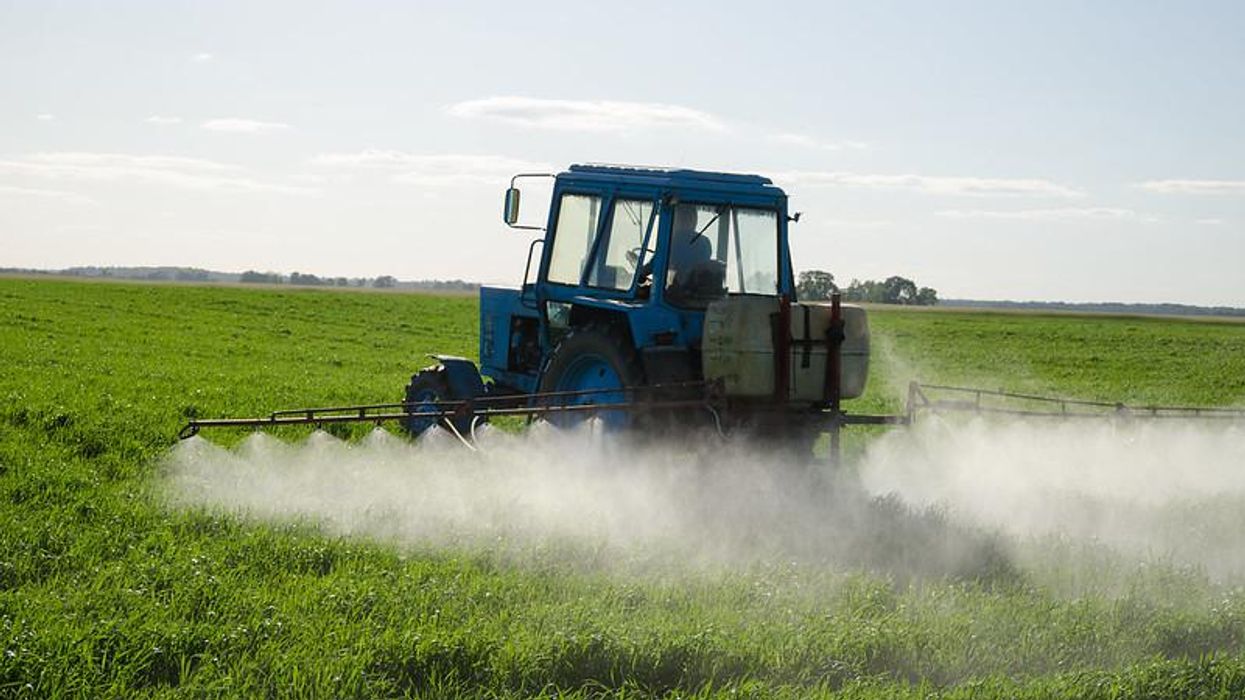According to a new study published in Biology of Reproduction, a popular class of insecticides known as neonicotinoids are likely harmful to the ovaries of mice and potentially other mammals.
In short:
- For the first time, this study shows that ovaries in mice do have receptors capable of interacting with neonicotinoids and their toxic byproducts.
- These byproducts impacted the health of the ovaries and affected hormone production.
Key quote:
“Neonicotinoids have become the most popular class of pesticides in the world, largely because they are considered insect selective.”
Why this matters:
Neonicotinoids are widely used not only for commercial agriculture but also for more personal uses like home gardens and in some flea and tick treatments for pets. Because of this, humans are regularly exposed to neonicotinoids through the environment, food and water. Neonicotinoids’ popularity partly comes from the belief that its harmful effects are mostly limited to insects, but studies like this one highlight the possibility that other animals - including humans - could be harmed by the chemical as well.
Related EHN coverage:
- Op-ed: If Bayer really wanted to stand with farmers, it would stop selling them toxics
- LISTEN: Bruce Lanphear on how we’re failing to protect people from pesticides
More resources:
For more on the potential hazards of neonicotinoids, you can watch the recording of the Silent Spring 2.0: Adverse Impacts of Neonicotinoid Pesticides on Human and Wildlife Health symposium, hosted by The Chicago Center for Health and Environment and co-sponsored by Environmental Health Sciences and HEEDS. The symposium features presentations from experts including Dr. Jodi Flaws, who leads the lab that conducted this study.
Mourikes, Vasiliki et al. for Biology of Reproduction. May 7, 2024
- Insecticide linked to increased breast cancer risk — 40 years after exposure ›
- The collapse of insects ›


















